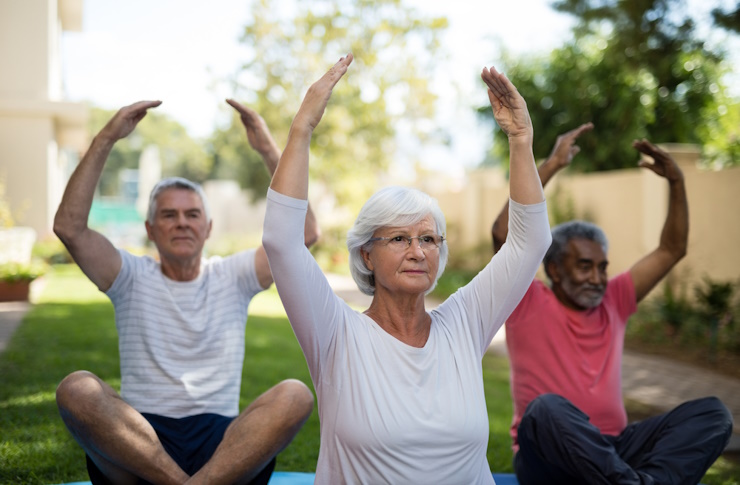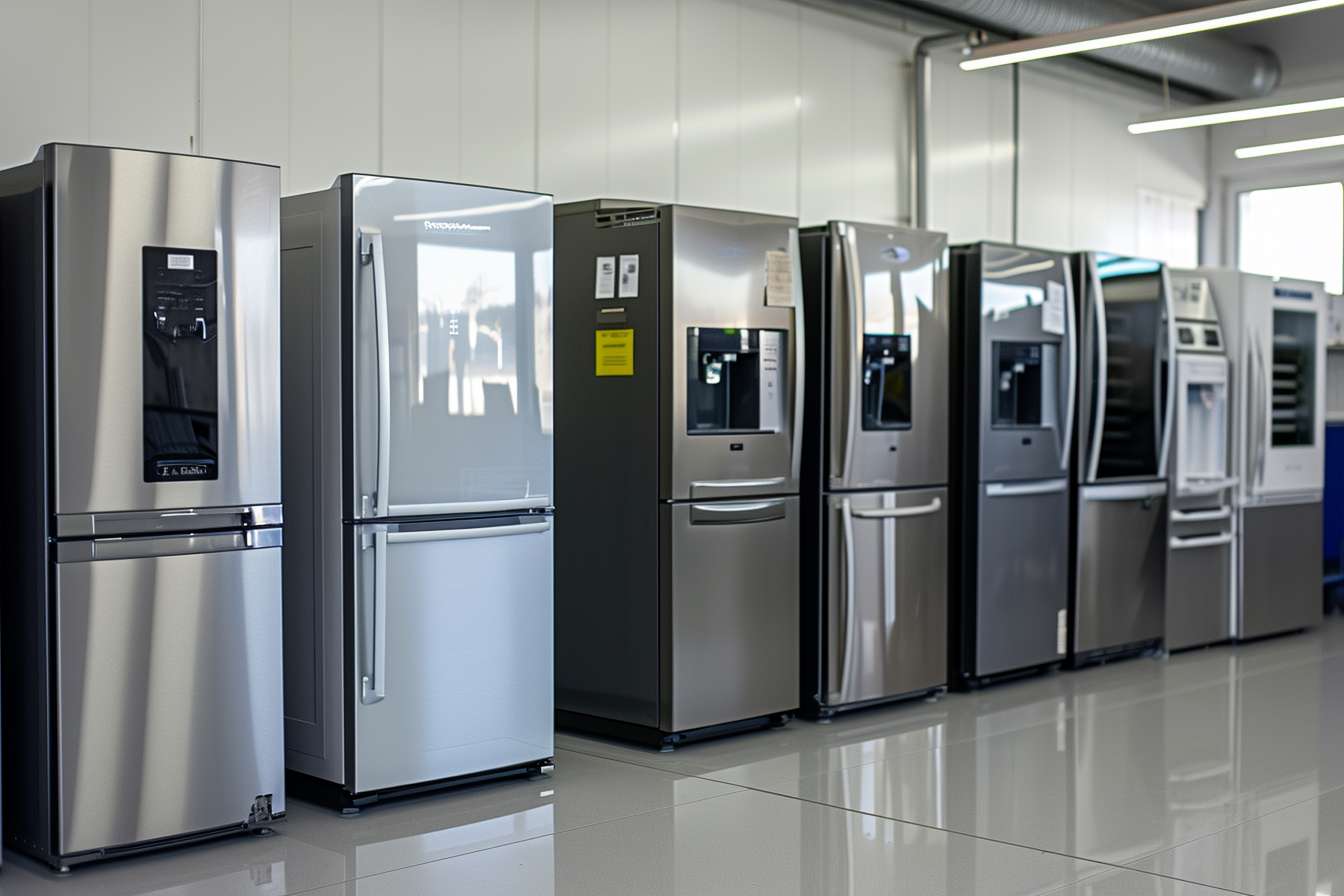Mobile Homes for Seniors: A Complete Guide to Comfortable and Practical Living
As the golden years approach, many seniors are considering alternative housing options that offer both comfort and affordability. Mobile homes have emerged as an increasingly popular choice, providing a unique blend of independence, community, and cost-effectiveness. This comprehensive guide explores how mobile homes can be an ideal living solution for seniors, covering everything from understanding the basics to selecting the perfect home and location.

Understanding Mobile Homes and How They Suit Seniors
Mobile homes, also known as manufactured homes, are prefabricated structures built in a factory and transported to a designated site. Unlike traditional homes, they offer flexibility in location and are often more affordable. For seniors, mobile homes present several advantages:
-
Single-story living: Most mobile homes are designed with a single level, eliminating the need for stairs and reducing the risk of falls.
-
Compact size: The smaller footprint of mobile homes means less maintenance and easier upkeep, which is particularly beneficial for older adults.
-
Community living: Many mobile home parks cater specifically to seniors, fostering a sense of belonging and social interaction.
-
Cost-effective: Mobile homes generally have lower purchase prices and property taxes compared to traditional houses, making them an attractive option for retirees on fixed incomes.
Key Features to Look for in Senior-Friendly Mobile Homes
When considering a mobile home for seniors, certain features can greatly enhance comfort, safety, and accessibility:
-
Wide doorways and hallways: These accommodate walkers and wheelchairs, ensuring easy mobility throughout the home.
-
Grab bars: Installed in bathrooms and other strategic locations, grab bars provide additional support and stability.
-
Lever-style door handles: These are easier to operate than traditional doorknobs, especially for those with arthritis or limited hand strength.
-
Low-maintenance exteriors: Look for homes with durable siding and roofing materials that require minimal upkeep.
-
Energy-efficient appliances and HVAC systems: These help reduce utility costs and maintain a comfortable living environment.
-
Good lighting: Adequate illumination throughout the home is crucial for safety and visibility.
Types of Mobile Home Communities for Seniors
Mobile home communities come in various forms, each catering to different preferences and lifestyles:
-
55+ communities: These age-restricted communities are designed specifically for active adults and often feature amenities like clubhouses, fitness centers, and organized social activities.
-
All-ages communities: While not exclusively for seniors, these parks offer a diverse mix of residents and may be suitable for those who enjoy intergenerational interactions.
-
Luxury retirement communities: These upscale parks offer high-end mobile homes and resort-style amenities, appealing to seniors seeking a more lavish lifestyle.
-
Rural communities: Located in less populated areas, these parks offer a quieter, more nature-oriented living experience.
Cost Breakdown and Financial Considerations
Understanding the costs associated with mobile home living is crucial for seniors planning their retirement housing:
| Expense Category | Typical Cost Range | Notes |
|---|---|---|
| Purchase Price | $30,000 - $150,000+ | Varies widely based on size, age, and features |
| Lot Rent | $300 - $800 per month | Depends on location and amenities |
| Utilities | $100 - $300 per month | Generally lower than traditional homes |
| Property Taxes | $300 - $1,000 per year | Significantly lower than stick-built homes |
| Insurance | $300 - $1,000 per year | Covers the home and personal property |
Prices, rates, or cost estimates mentioned in this article are based on the latest available information but may change over time. Independent research is advised before making financial decisions.
It’s important to note that while the initial purchase price of a mobile home is often lower than that of a traditional house, financing can be more challenging. Many lenders consider mobile homes personal property rather than real estate, which may result in higher interest rates and shorter loan terms.
How to Choose the Right Mobile Home and Location
Selecting the ideal mobile home and community involves careful consideration of several factors:
-
Location: Consider proximity to healthcare facilities, shopping centers, and family members.
-
Climate: Ensure the home is suitable for the local weather conditions, with proper insulation and HVAC systems.
-
Community amenities: Evaluate the facilities and activities offered in the park, such as swimming pools, golf courses, or community centers.
-
Home quality: Inspect the construction quality, energy efficiency, and overall condition of the home.
-
Park rules and regulations: Review the community’s policies regarding pets, visitors, and home modifications.
-
Future resale value: Consider the potential for appreciation or depreciation of the home and its location.
By carefully weighing these factors and understanding the unique benefits of mobile home living, seniors can make an informed decision about whether this housing option aligns with their needs and preferences. Mobile homes offer a viable alternative for those seeking an independent, community-oriented lifestyle without the high costs and maintenance demands of traditional homeownership.




